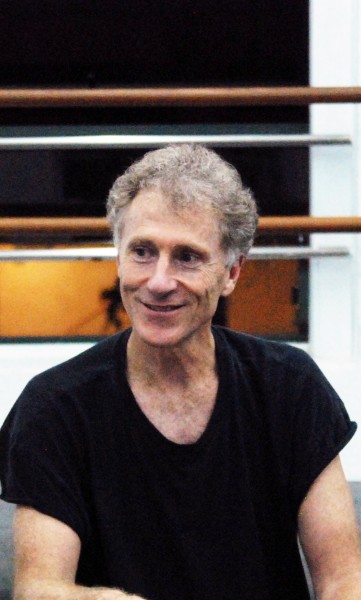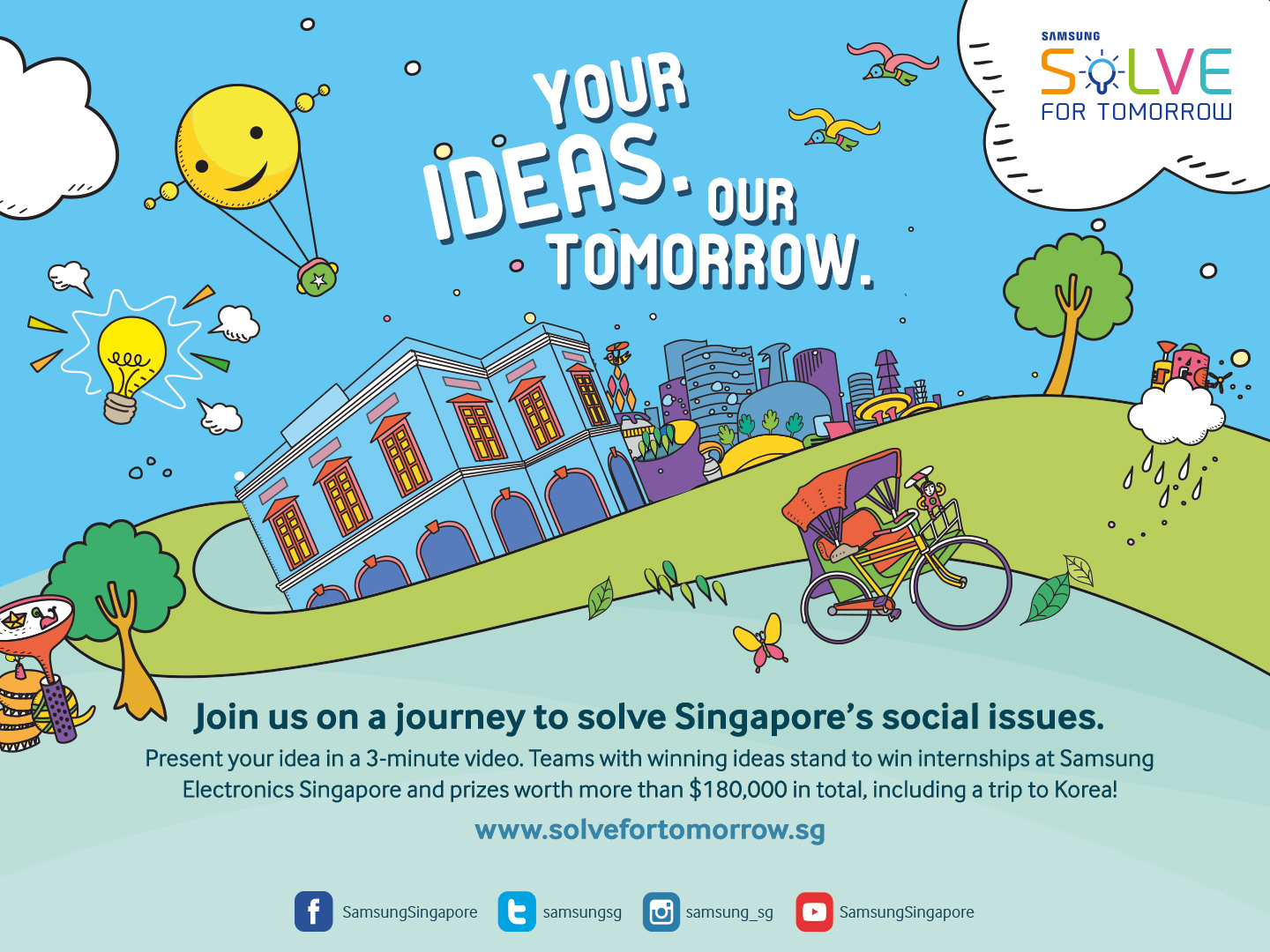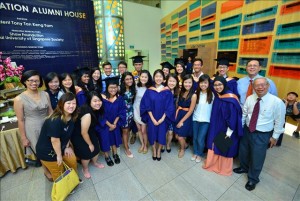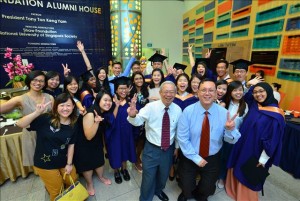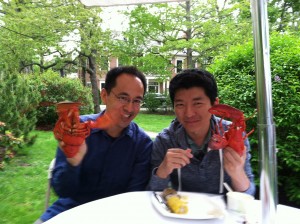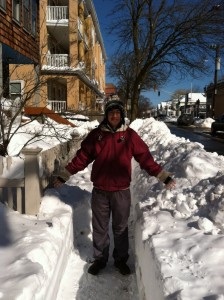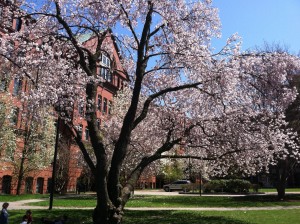He has a passion for dance, with over 40 years of experience in the performance arts. This year, at the age of 62, John Mead graduated with a PhD in Communications and New Media from the NUS Faculty of Arts and Social Sciences (FASS). John, who was also one of our Valedictorians for the Class of 2015, shares his thoughts on pursuing his graduate education at FASS.
- Tell us a bit of your professional background in performing arts.
I am an internationally recognised choreographer, performer and educator. I began my career in the performing arts by dancing professionally for 12 years, primarily in the United States and Europe. Subsequently I became a choreographer having choreographed over 120 concert stage works over the past 30 years, which have been performed in Australia, Brazil, Canada, China, France, Greece, Hong Kong, Japan, Korea, Mexico, Peru, Singapore, South Africa, Switzerland, Taiwan, Turkey, and the United States. In 1988, I won the prestigious “Lausanne New Choreographers Competition” hosted by Bejart Ballet Lausanne, Switzerland and subsequently worked periodically for four years as a visiting faculty member of the official school of the Bejart Ballet: Rudra Bejart Lausanne. From 1993 to 2000, I was the Artistic Director of John Mead & Dancers in New York City, and was also an Adjunct Assistant Professor in the New York University Programme in Dance Education during that same time period. I am currently the Co-Founder and Artistic Director of two Singapore-based companies: the John Mead Dance Company (JMDC) which presents concert stage choreographic works and Firefly Tales (FFT) which is JMDC’s affiliate organisation dedicated to narrative film production and dance education outreach. Since 2002, I have lived in Singapore and am now a Permanent Resident of the country. Recently, on 31 May 2015, after 6 years in the Communications and New Media (CNM) Department at NUS, I was awarded my PhD, and chosen to be a doctoral Valedictorian of the Faculty of Arts and Social Sciences.
- Given your professional background, why did you choose to pursue a PhD in Communications and New Media at FASS? Which part of the programme appealed to you?
In 2009, I made the decision to apply to the CNM Department to pursue my PhD on a “part-time” basis as I continued to direct my Singapore-based dance company.
The reason I applied to the CNM Department was because there are few universities which offer a doctoral degree in the performance aspects of Dance. In the performing arts, a Masters of Fine Arts degree (MFA) is often considered to be a terminal degree. In order to go on to the doctoral level in Dance, you usually have to study some tangential subject area – such as Dance Anatomy/Kinesiology, Dance History, Dance Philosophy, Dance Ethnography, Dance Anthropology, etc. I wasn’t interested in pursuing any of those disciplines since I already had a certain amount of knowledge in those areas from all of my years in dance. My real interest was to engage in the philosophic study of performance-related work, so when I decided to pursue the PhD at NUS, the only two departments I thought might be relevant with my arts background and two Masters of Fine Arts degrees (in Dance and Film), were the Department of Philosophy and the Communications and New Media Department (dance being one of the most ancient forms of communication). I applied to both. Because of my extensive background in the performing arts, I was accepted into the CNM Department.
- Can you tell us about your experience in the programme?
My experience in entering the CNM Department was probably a bit different than that of younger students who enter the department – especially since I was 56 years old when I entered. I’ve worked professionally with my own companies most of my life and even though I had wanted to earn a PhD one day, I had never made the time to do it. However, I’ve never felt age should be a deciding factor regarding important dreams in one’s life, so I went ahead in 2009 and began my pursuit of the PhD. It was a bit difficult at first to re-enter an academic environment as a student after having been an Adjunct Professor at New York University for 8 years, and to be in classes with other students that were less than half my age, but I soon forgot the age difference and began to enjoy my studies. The required classes I took during my first two years in the CNM Department were challenging, and opened my eyes to ideas about academic inquiry and doctoral level work. The last 4 years of work were primarily oriented around my research and thesis writing. This proved to be the most demanding, and in turn, rewarding area of my studies. The many discussions I had with my excellent doctoral advisor, Dr. Lonce Wyse, concerning a host of intellectual and difficult philosophic ideas in connection with dance, the arts, technology and the concept of practice-based research in the arts, was a consistently rewarding experience, that helped to clarify my research, and deepen my related thought processes.
- Were there any challenges during the course of study?
There were many challenges on many different levels during my course of study. Even though I considered myself to be a decent writer, one challenge I soon discovered was to learn to write in an academic, doctoral fashion – which I came to realise, is a very specialised way of communicating. With the help of my doctoral advisor, the tone and style of my writing evolved over the years of my candidature, toward a more academically rigorous quality.
- How has the programme benefitted your career?
My doctoral thesis is titled, A Framework for Understanding Practice as Research in Dance. It is a study of the nature of dance practice that is simultaneously considered to be research. My related work as a practicing choreographer in one of the most primal areas of communication, i.e. human movement, is primarily driven by the desire to create authentic art work for the simple sake of creating it – letting the artwork speak for itself.
It is yet to be seen what impact my research work may have on my chosen field of study. Hopefully it holds potential to add to the dialogue which exists concerning the nature of practice as research in the arts, in relation to knowledge acquisition, transmissibility and the ability to gain new knowledge from areas where we continue to lack information.
In my current choreographic work, I continue the investigation of movement as my chosen communication medium. The PhD I’ve earned will benefit my career by hopefully opening doors to academia as well as avenues to other aspects of society for which the PhD stands as representative of a level of achievement that is respected in many quarters. The study I conducted while at NUS serves as a model for future investigations I plan to continue to make into my chosen field.
As I leave the CNM Department and FASS, I would like to thank all those who made my journey possible and meaningful!
